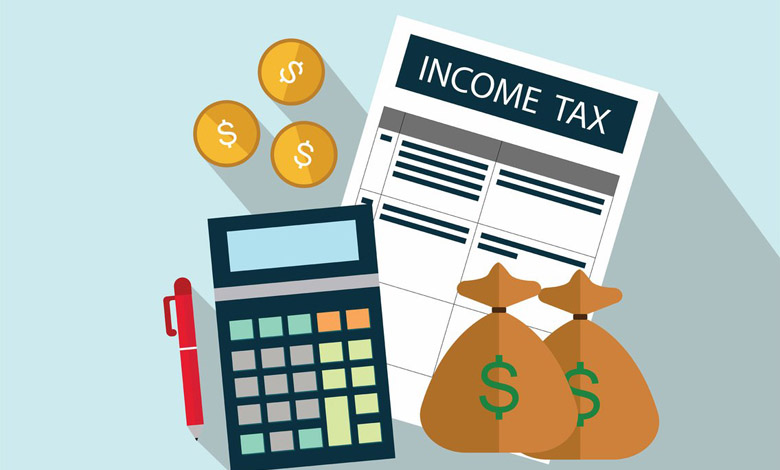The first thing to understand about how the 401k tax deduction works is that it’s not actually a "deduction". While this is a very important thing to understand, you’ll have to back up a bit in the process to see why this is both true and an important distinction to make.
With a traditional account your contributions are taken from your income before taxes are taken out. This means a number of things, but most important to the topic at hand is that this deducts from your yearly income, as far as the US government is concerned.
The percentage that you get charged for your taxes is determined by what tax bracket you fall into. If your contributions to your retirement account lower your yearly income enough you may fall into a lower tax bracket and owe a lower percentage in taxes for the year.
All of this obviously makes it look like your 401k contributions are a tax deduction, but there is more to it than this.
While, for this year, it is sort of a deduction, it’s more of a deferral. You are only putting off paying taxes on this money.
When you make withdrawals in retirement you will then pay taxes on this money.
Why is this such a good thing to do then, if you’ll have to pay taxes on this money eventually anyway? Well, it may not be, but it likely is. The first thing to consider here is that the money you would have been paying in taxes has been invested over the years until you make withdrawals in retirement, earning you returns and growing your savings. The other benefit is that in retirement you will likely have a lower income (since you hopefully won’t be needing income to pay on a mortgage or other expenses you currently have) and will fall into a lower tax bracket, meaning you pay a lower percentage of this money to taxes overall.
While this is a lot to take in, once you break it down it’s a fairly simple process. The 401k tax deduction applies to traditional accounts, and is really more of a deferral than a deduction.



